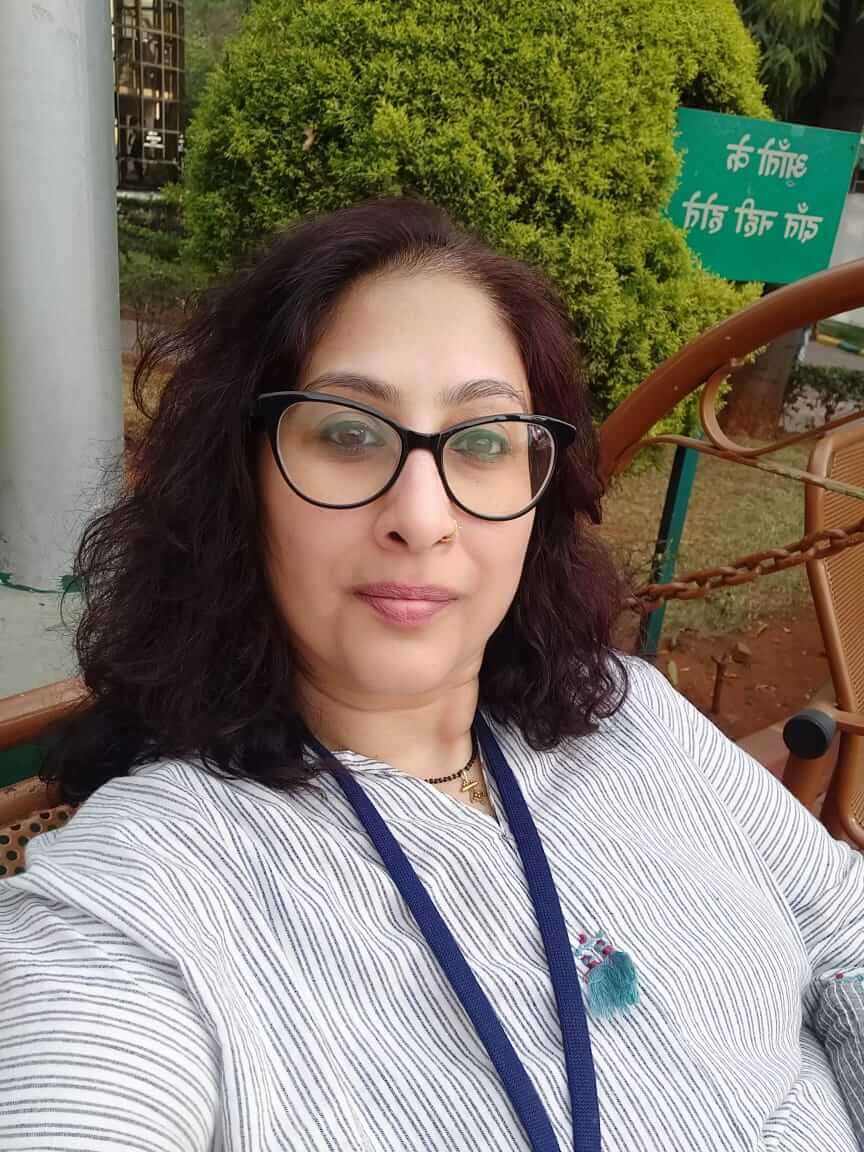DR E OMESH KUMAR
MBBS (Osmania Medical College)
M.D. Psychiatry (Osmania Medical College)
Senior Resident, Gandhi Medical College, (2015)
Senior Resident, ESIC Medical college (2015-2020)
Assistant Professor, Psychiatry
Osmania Medical College and Hospital, Hyderabad Telangana.
10Yrs of experience in psychiatry
Peer Reviewer in Telangana Journal of Psychiatry.
Associated with Roshni Counselling Centre since 2015.
Member of
1)Indian Psychiatric Society
2)Indian Association of Biological Psychiatry
3)Indian Association of Child and Adolescent Mental Health
4) Asian Association of Continued Medical Education
Special Interests:
Schizophrenia, Bipolar Disorders & Dementia
Child Development & Adolescents Psychological issues
Sexual disorders, Sleep disorders Counselling
Alcohol & Smoking Deaddiction Counselling
Depression, OCD & Anxiety Disorders
Counselling & Psychotherapy for Psychological issues
Stress & Relaxation Management
Attachment areas














